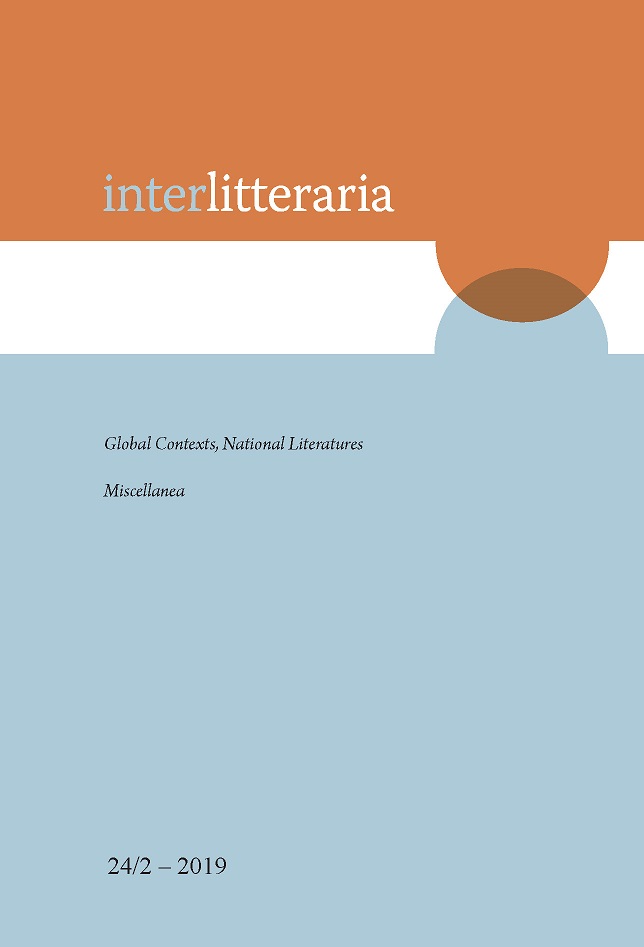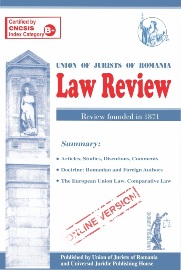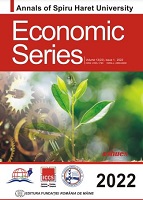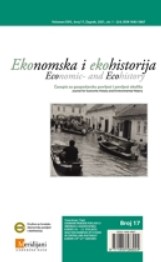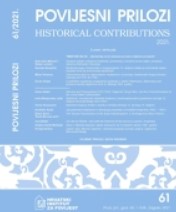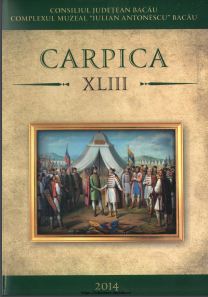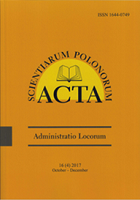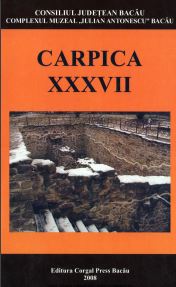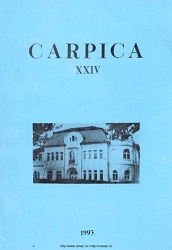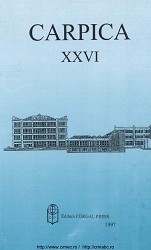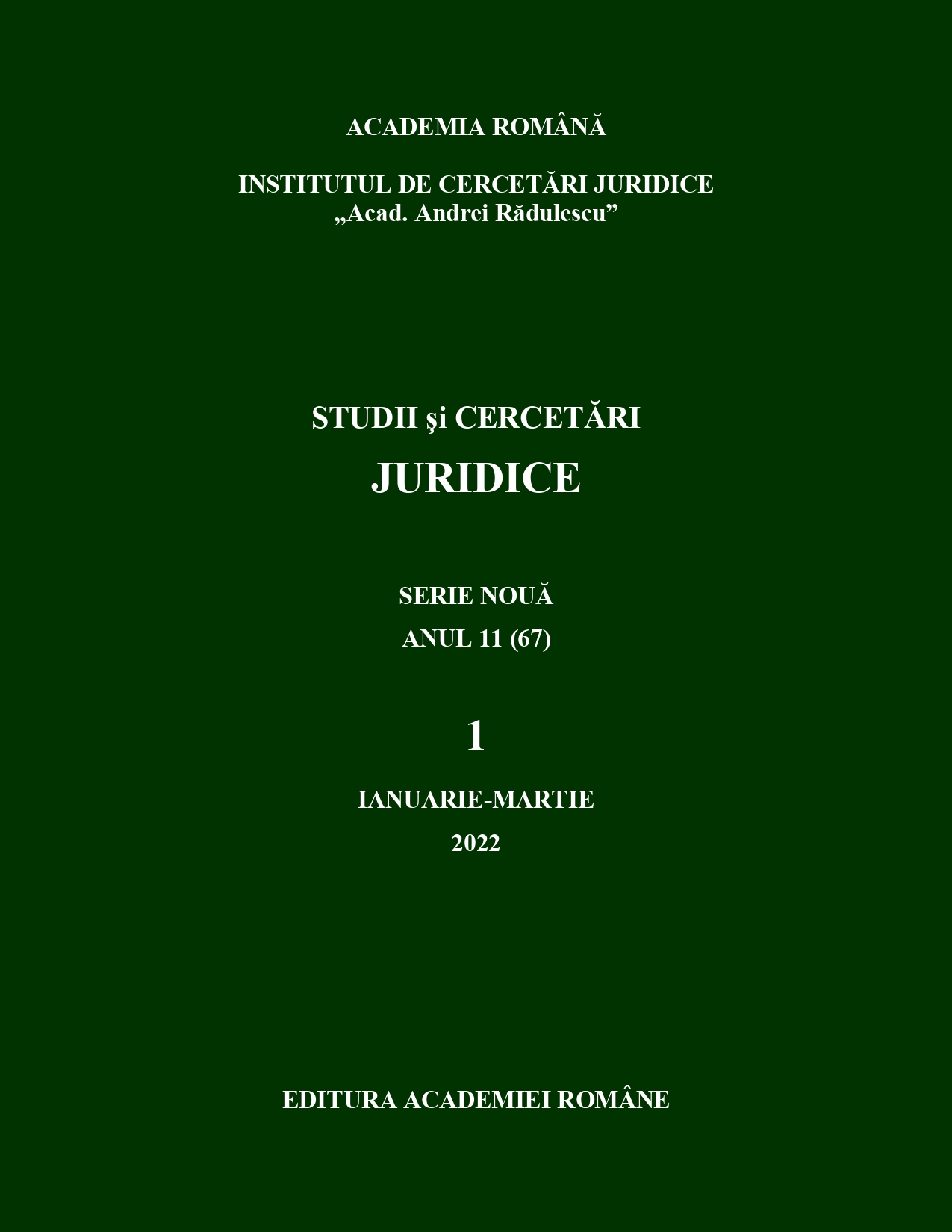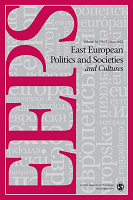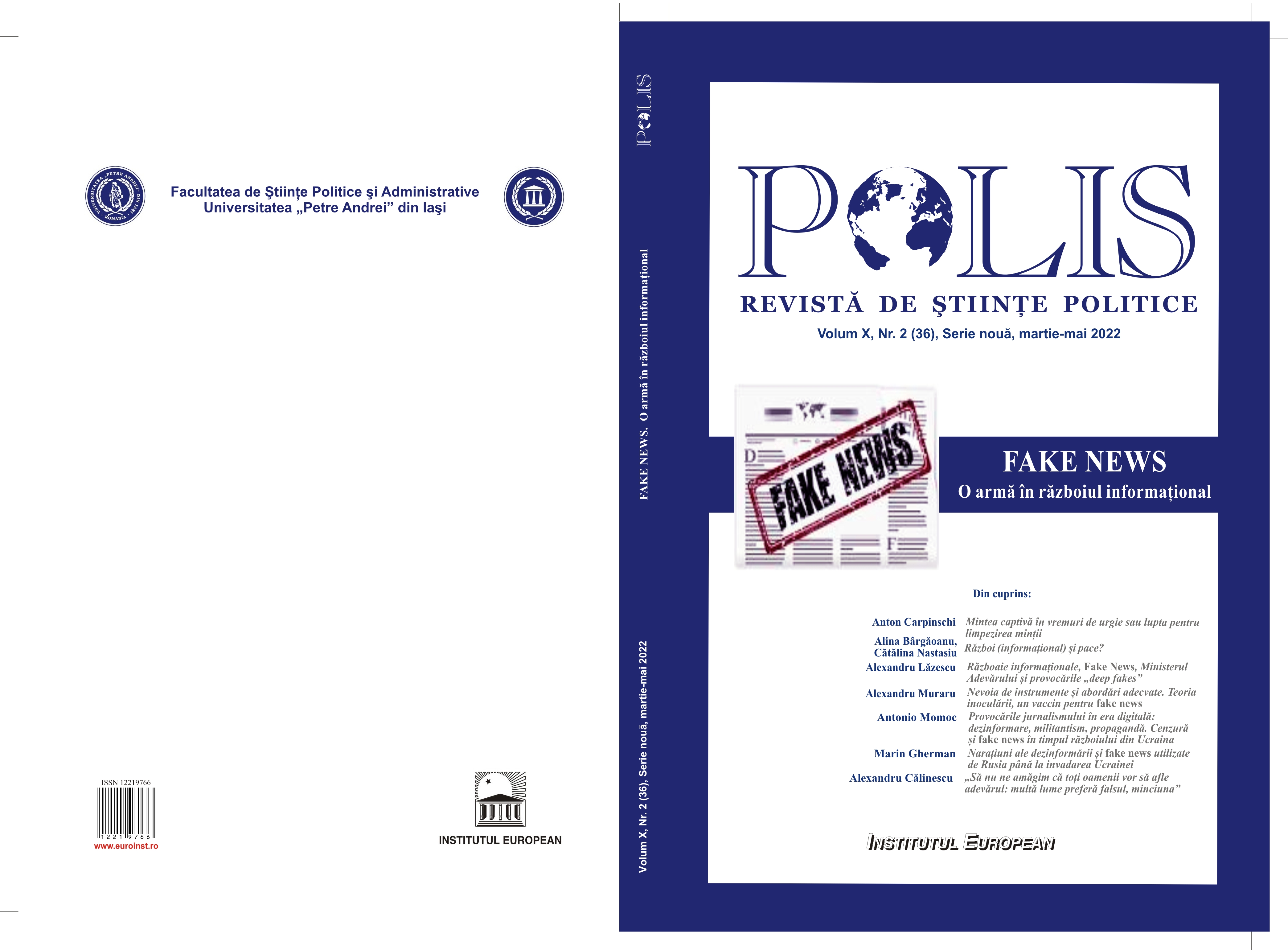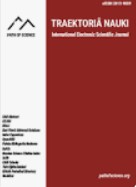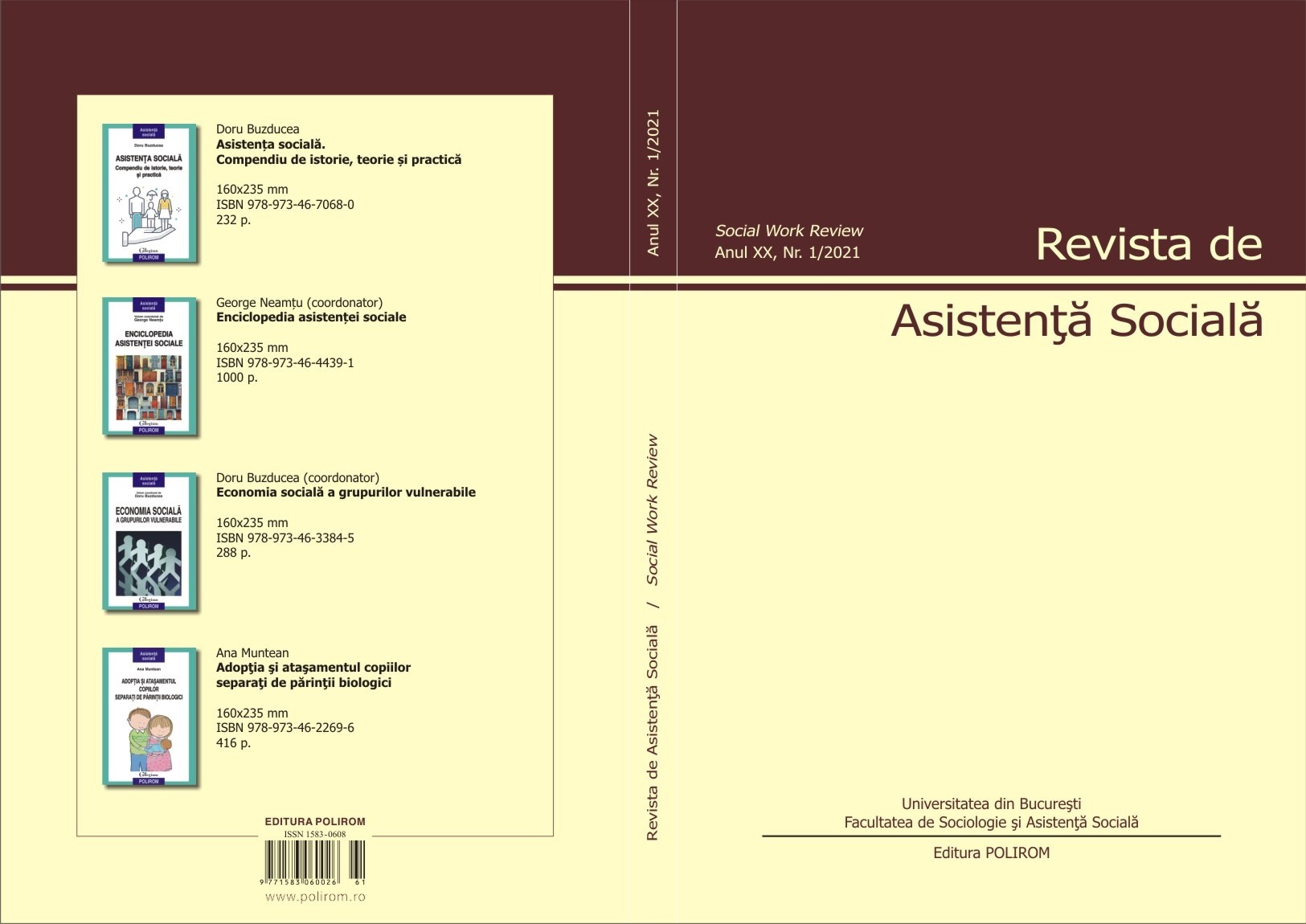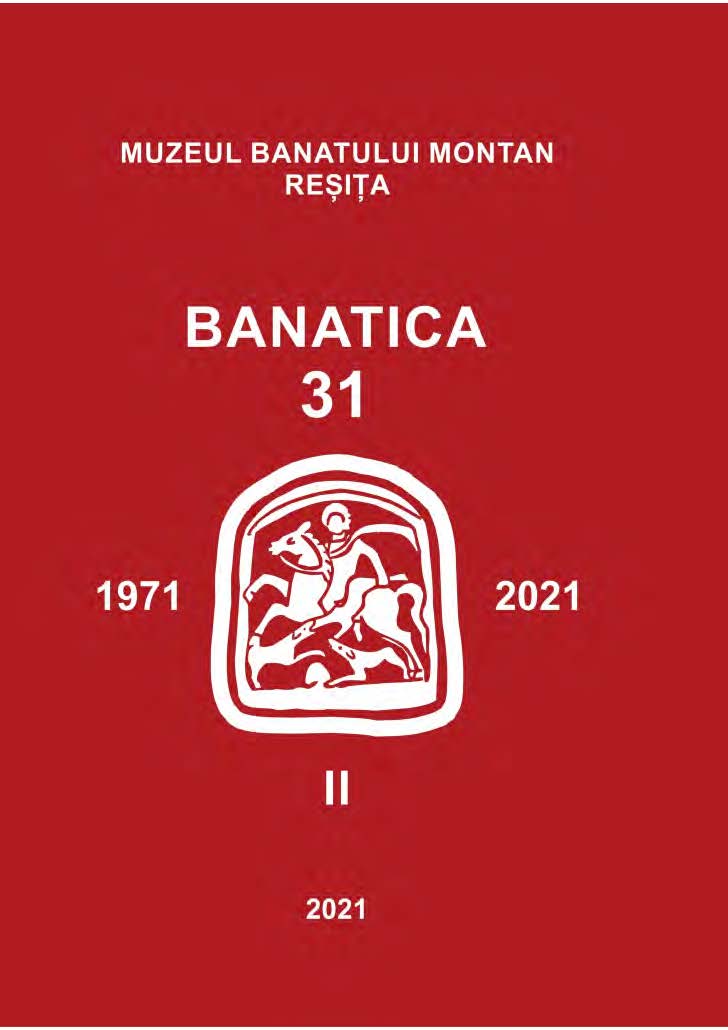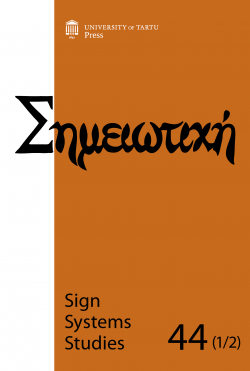
Hedge mazes and landscape gardens as cultural boundary objects
Despite their obvious functional and stylistic differences, hedge mazes and English landscape gardens have salient symbolic and structural similarities which make them fruitful objects of comparative analysis. Both invert the norms expected of interior and exterior spaces, of human cultivation and “wilderness”, creating landscapes of semiotic uncertainty. Being at once natural and cultural, both types of space present a “problem to be solved” either by reaching a centre or understanding a layout. Both “play” with the notion of boundary by constructing uncrossable and at times oppressive walls from seemingly fragile plant matter or by hiding their boundaries. At the same time there are important differences which make this comparison of boundary spaces even more interesting: hedge mazes and landscape gardens are distinguishable by their respective structural levels, the presence or absence of a centre, their relation to other parts of gardens and connected human habitations.
More...
